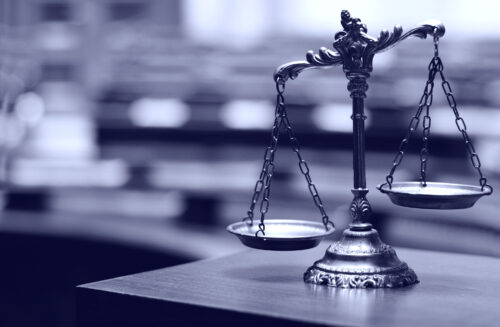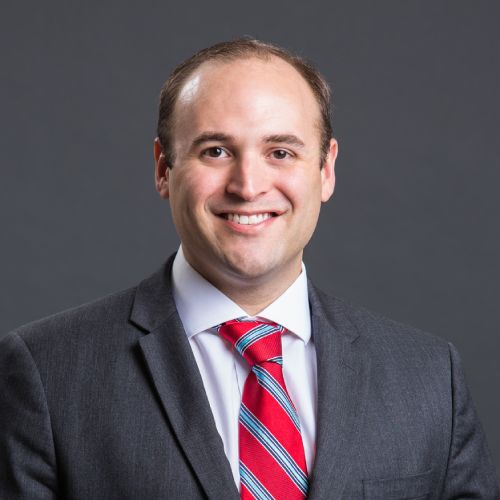
Boat accidents happen daily in Florida. The U.S. Coast Guard reports that over 700 accidents happened in 2022, with 65 accidents causing fatalities. These incidents can leave you scared, hurt, and confused.
You can seek compensation for your injuries and losses if you were hurt in a boat accident. James Horne Law PA can help you file a lawsuit and hold the liable party accountable.
Types of Boating Accidents
Our firm handles a range of watercraft accidents. Here are some typical types of accidents we see in Florida.
Collision with Other Vessels
Florida’s intercoastal waterways and lakes are full of boats on any given day. It’s not uncommon for boats to collide with one another, especially when operators fail to follow navigational rules. According to the Coast Guard, these are the most common boating accidents in Florida. These accidents often involve high speeds and dangerous debris, making them tragic.
Grounding Incidents
Boaters enjoy anchoring in shallow water so passengers can explore small islands, go fishing, or swim. A boat can become grounded if the captain anchors too close to shore or water levels change. Running aground can cause passengers to fall, send objects flying through the cabin, and lead to extensive property damage.
Capsizing Accidents
Boats can tip and capsize, leading to injuries and drowning. Capsizing can occur due to various factors, including sudden shifts in weight distribution, extreme weather conditions, or operator error. In some cases, a boat collision can be so severe that it causes another vessel to capsize or sink.
Personal Watercraft Accidents
Jetskis and other small watercraft offer convenience and fun. However, these small vessels often have little protection in the event of a crash. To make things worse, tourists often rent these personal watercraft with little to no experience on the water. For this reason, these accidents were the second-leading cause of injuries and death in Florida.
Causes of Boating Accidents
Many boating accidents are preventable, which makes these incidents much more heartbreaking. Some of the most common causes of accidents include:
- Operator inattention or inexperience,
- Reckless or careless operation,
- Excessive speed,
- Boating under the influence,
- Equipment failure, and
- Failure to follow navigational rules.
Speak with an attorney if you were in an accident that isn’t listed above. You may be eligible for compensation depending on the facts of your case.
Boating and Watercraft Accidents: The Legal Considerations
Accidents on the water often involve several parties and countless injuries. Finding out who is liable can be challenging, especially in complex situations.
Possible liable parties can include:
- Boat captain. Boat operators must keep their passengers safe and avoid hazards on the water. They can be liable if their actions lead to a crash.
- Boat owner. Boat owners sometimes employ staff to operate the boat. Owners can be liable if an employee’s actions cause the accident.
- Passengers. People traveling on the boat can pose a risk to others, especially if they interfere with the captain’s duties. Victims of a crash can sue a passenger if their conduct led to the accident.
- Boat Manufacturer. Captains and passengers expect boats to be safe and operate as designed. A manufacturer can be liable if defects or other malfunctions cause an accident.
- Boat Mechanic. Maintenance providers help keep boats in working condition. However, victims can sue mechanics if their negligence or misconduct contributed to the accident.
In some cases, more than one party can share fault for the accident. For example, two boat operators decide to race one another at unsafe speeds. When making a turn, one boat collides with the other. In this case, a court might find both at fault for the crash because they each acted recklessly.
Florida’s Comparative Fault Rule
Florida recently adopted a comparative fault rule. This law allows you to seek compensation, even if you share some fault in the crash. If a court awards you damages, it will reduce them based on your share of fault. So if you win $1 million but are 30% at fault, you will receive $700,000.
However, you can’t recover any compensation if you are more than 50% at fault for the crash.
Boating Accident Compensation
You can file a lawsuit to recover compensation for any damages due to the boating accident. This can include economic and non-economic losses. Victims often seek compensation for:
- Medical expenses,
- Property damage,
- Lost earnings, and
- Pain and suffering.
In rare cases, you can request punitive damages. These awards don’t compensate for damages. Instead, they punish defendants who engage in truly outrageous conduct.
Do I Need to Report a Boating Accident?
Yes. Florida law requires anyone involved in a watercraft accident to report the incident as soon as possible. However, the law has some caveats to this rule.
First, you only need to report an accident if it involves one of the following:
- Death,
- Disappearance,
- Injuries excluding those you can treat at home, or
- Property damage of $2,000 or more.
Second, the law offers different deadlines for filing this report. You have 24 hours to file if the accident led to death or disappearance. You have 48 hours if it causes injuries. Lastly, you have ten days to file if it causes property damage.
How a Boating Accident Lawyer Can Help
The legal process after a boating accident can be confusing and stressful. You should work with an attorney instead of trying to manage this yourself. Your lawyer will handle all the legal issues so you can focus on recovering and moving forward.
Here are some of the ways your attorney can help after a boat accident.
Case Evaluation
Your lawyer will review the facts of your case to see if you have a valid claim. They will suggest options to recover compensation and give an estimate of the total value of your case. After the evaluation, your attorney will manage the entire process but may request your assistance from time to time.
Investigation
A watercraft accident attorney will work hard to gather evidence to support your claim. This can include collecting witness statements, accident reports, and photographs or videos. In some cases, your attorney will find and interview these experts to reconstruct the accident or explain your injuries.
Determining Liability
Establishing liability is a key aspect of boating accident cases. A skilled lawyer can assess the factors contributing to the accident, such as negligence, rule violations, or equipment failure. They will use the evidence and law to show which party is at fault and why they owe you compensation.
Insurance Claims Negotiation
Dealing with insurance companies can be challenging, especially when they refuse to provide fair compensation. A boating accident lawyer can speak with insurance carriers for you to ensure they follow all legal obligations. Your attorney will attempt to negotiate with the insurer until they reach a settlement amount that covers your losses.
Courtroom Representation
If you can’t reach a fair resolution through negotiation, your lawyer can take your claim to court. They will argue the case to a judge or jury and demonstrate why the law is on your side. Your lawyer will explain your injuries and losses to help the court understand why you need compensation after the accident.
Speak with a Florida Boat Accident Lawyer
James Horne Law PA is here to help you get compensation after a boat accident. James is a tough advocate for his clients and never backs down from a fight. We’ve recovered millions of dollars for our clients and will never charge you unless we win. Call our office to schedule a consultation.


